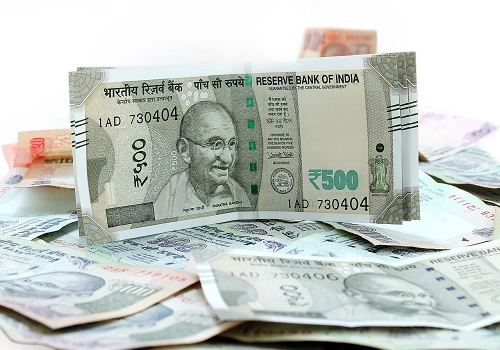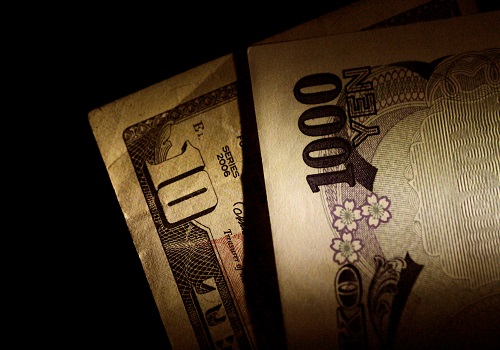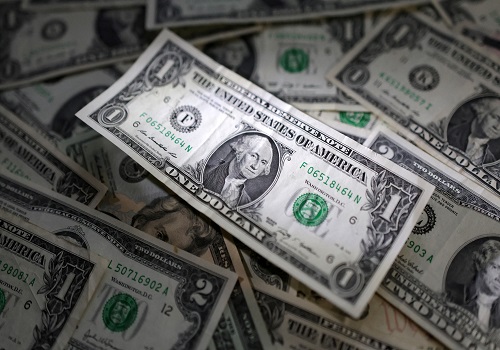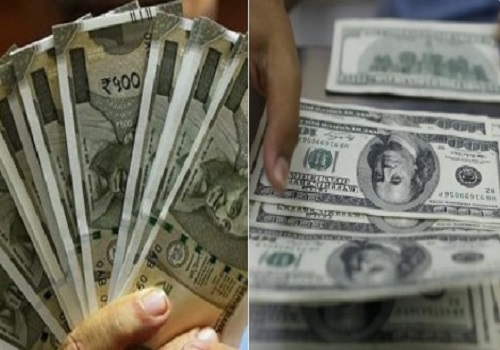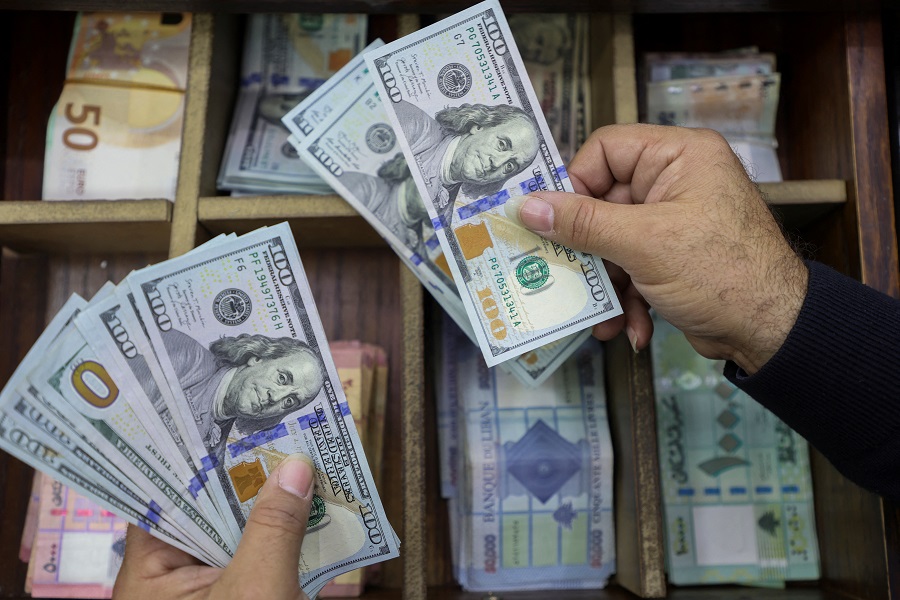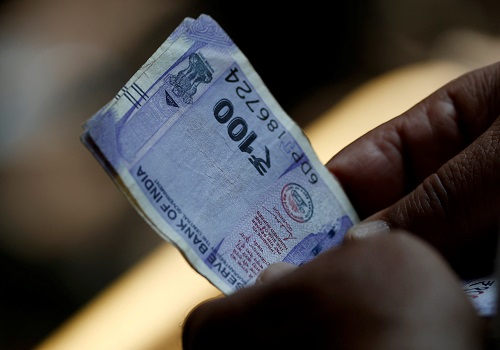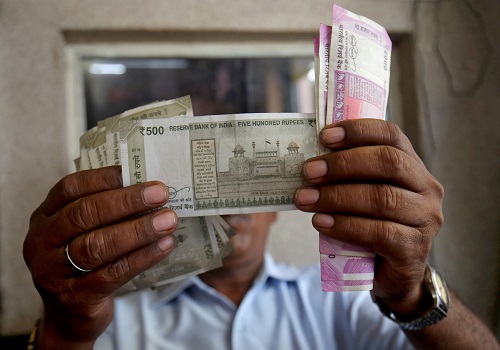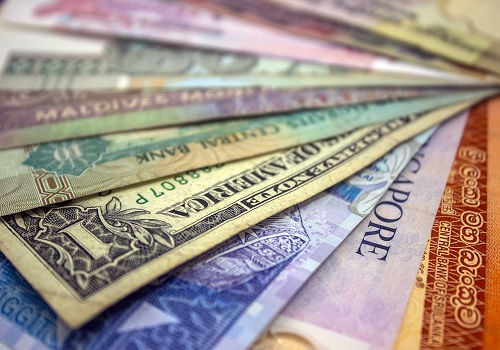Aussie, kiwi dollars struggle on China's rate cuts; yen gains

The Australian and New Zealand dollars struggled to regain their footing on Tuesday after China's move to cut several key interest rates, while the yen rose ahead of Bank of Japan's (BOJ) policy meeting at the end of the month.
China on Monday surprised markets by cutting major short and long-term interest rates in its first such broad move since last August, signalling intent to boost growth in the world's second-largest economy.
The two Antipodean currencies, often used as liquid proxies for the Chinese yuan, extended losses after slumping in the previous session in the wake of the news.
The Australian dollar fell to a three-week low of $0.6629, while the New Zealand dollar hit its weakest level since early May at $0.5966.
"For the Aussie and the kiwi, they tend to be reflecting a more liquid and free expression in terms of the realities currently facing the Chinese economy," said Rodrigo Catril, senior FX strategist at National Australia Bank (NAB).
"The easing coming from the PBOC yesterday is not huge in terms of magnitude, but it does signal that willingness for the PBOC to support the economy alongside the fiscal side, and that probably plays to the view that there will be some tolerance for a little bit of weakness in CNY."
The yuan held steady on Tuesday and last stood at 7.2740 per dollar.
In the broader market, currency moves were largely subdued as traders looked to central bank meetings in the U.S. and Japan next week.
Against the yen, the dollar fell 0.45% to 156.32.
The yen has found some support on the back of Tokyo's recent bouts of intervention to prop up the currency and as traders looked to the BOJ's July policy meeting, where the central bank is expected to lay out a detailed bond taper plan that covers a period of around one to two years.
However, most economists polled by Reuters expect the BOJ to keep rates on hold at the meeting.
The euro eased 0.02% to $1.0889, while sterling was flat at $1.29305.
The dollar index dipped slightly to 104.26.
The market reaction to U.S. President Joe Biden's decision to bow out of the election race over the weekend was muted, though there was some unwinding of the so-called Trump trade, which has seen the dollar and U.S. Treasury yields ease a touch, while bitcoin's rally hit a pause.
"I think certainly the U.S. politics, as we get closer to the November election, will become a greater source of volatility for markets," said NAB's Catril.
"There's still a lot of water to go through in terms of what the candidates have to offer and also how the polling may change as well. And then of course, getting a bit more clarity in terms of what the key policies will be and priorities will be, will be very important for markets."
In cryptocurrencies, bitcoin fell 2% to $66,767, retreating from an over one-month top hit in the previous session.













